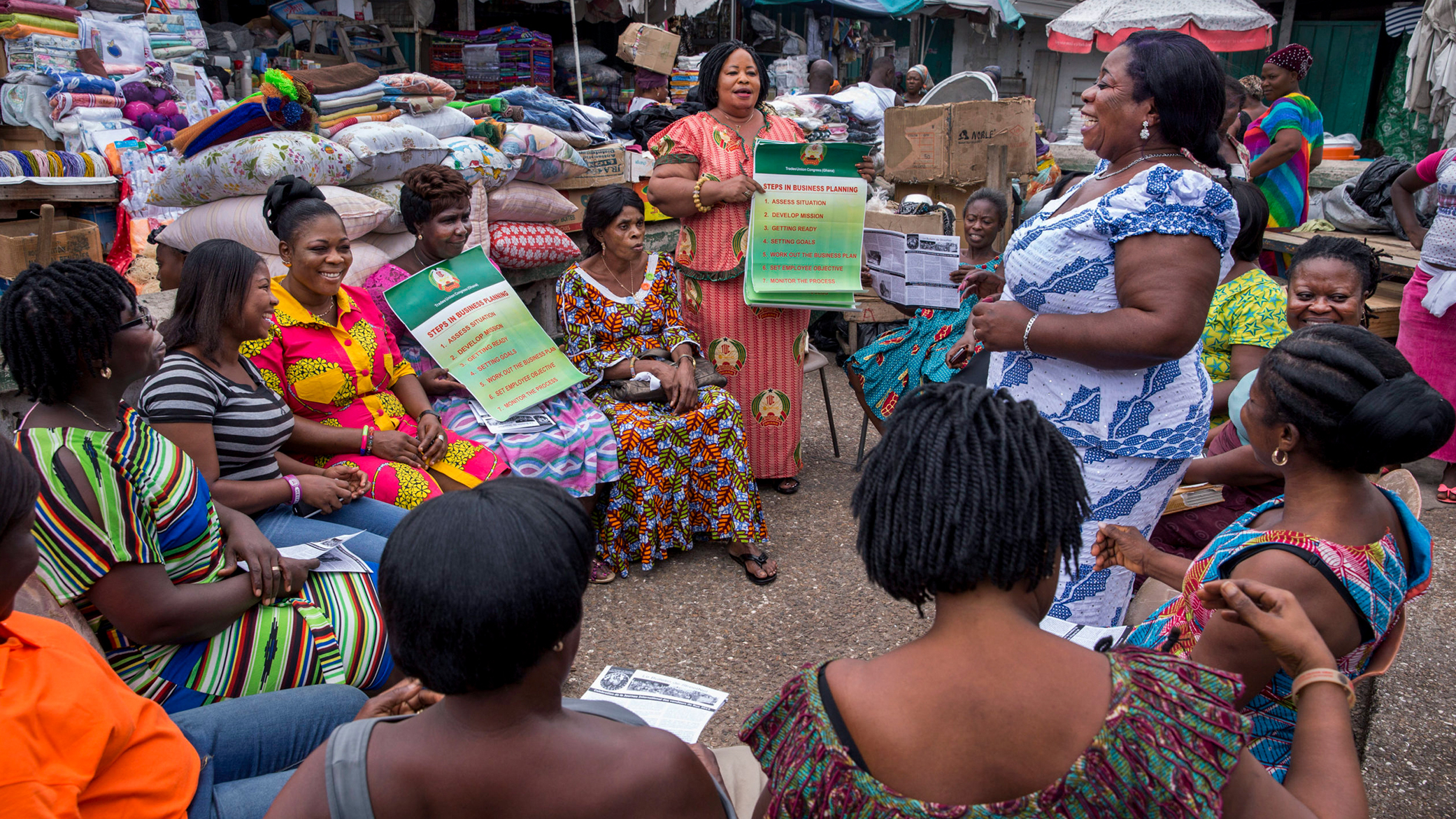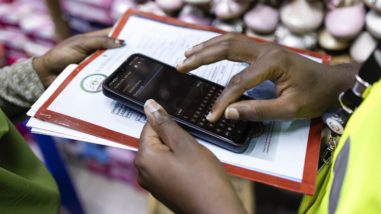Launching our transparency, participation, and accountability strategy refresh

We’re pleased to announce the start of the Hewlett Foundation’s transparency, participation, and accountability (TPA) strategy refresh process. Guided by our commitment to outcome-focused philanthropy, we take stock every five or so years of what happened over the previous strategy cycle, what the current landscape looks like—and how it is changing—and to learn, adapt and respond to this new context in a meaningful way. This year, the strategy refresh process is accompanied by a retrospective of our 23-years of grantmaking in Mexico, which has mostly been in pursuit of TPA strategic goals.
Kicking off a strategy refresh during a global pandemic presents opportunities, constraints, and increased uncertainty. Global calls for racial justice and the decolonization of international development further compel us to step back and reflect on our roles in addressing power inequities, including those we perpetuate ourselves.
In this piece we outline (1) a brief background about the first 15 years of TPA grantmaking at the Hewlett Foundation; (2) what the process will look like, including how you can become involved and stay up to date; and (3) the values underpinning the process, and how we plan to put them into practice.
Background
Each year, the Hewlett Foundation’s TPA team of four program officers and three program associates commits roughly $30 to $35 million in grants to organizations that (1) advocate to governments to disclose more information, and (2) help communities address the problems they face, especially the quality of public services.
The Hewlett Foundation has supported government transparency, participation, and accountability interventions in lower-middle income countries since the Global Development Program began in 2005. The first decade of TPA grantmaking focused on advancing global norms of governmental transparency, especially about revenue, budgets, expenditures, and contracts with mining and oil companies. Two program officers based in California focused on global grantmaking and two program officers in Mexico City focused on advancing the TPA agenda in Mexico.
By 2015, the Mexico City office had closed and the portfolio of Mexican grantee organizations was incorporated into a refreshed global strategy, which was released in December 2015. The new grantmaking strategy shifted our emphasis from advocating for disclosure of information to learning about (1) how civil society, policymakers, and journalists use government information to improve public service delivery, and (2) which channels are most effective for citizens to engage with government to address their needs and problems with public services. Throughout 2016 and 2017, we consulted with members of the TPA field to develop more detailed approaches to pursue the new strategy and guide our grantmaking.
Five years have passed since our last strategy refresh in 2015 and it is time again to reflect intentionally on what we’ve learned along the way, how the context has changed, and whether/how we ought to adapt.
The process
The entire process is expected to take just over a year and has three main parts, each of which will place special emphasis on gender, equity, and social inclusion:
- Looking back: The strategy refresh process begins with an evaluation of what has been achieved over the last five years, guided by On Think Tanks and Southern Hemisphere. The evaluation will seek to answer whether we achieved what we set out to do, why or why not, and for whom. It will also look at activities beyond our grantmaking to better understand whether/how we contributed to the organizational health of our partners and learning in the field. The evaluation will include a document review, survey, interviews, and focus group discussions with key stakeholders, including grantees, foundation staff, and others working in the TPA field. If that’s you, expect to be hearing from us soon via email, or through our newsletter, Medium channel, and social media.
- Landscape scan: Alongside the evaluation, we will examine what’s changed in the TPA landscape over the last five years, and how it is likely to change in the next five years. This will include a literature review, as well as conversations with grantees and other stakeholders. Our aim is to reach ‘less heard voices’—seeking input from leading global and southern experts that are able to look across geographies and issues, as well as those who work closest to the issues in our strategy.
- Looking forward: The final stage will apply this learning and evidence to develop a new five-year strategy, guided by Dalberg. We will begin by generating hypotheses about our next five-year strategy based on what we learned from the evaluation and landscape scan. We will then go through a process of exploring and prioritizing strategic options through an iterative feedback process that incorporates input from a diverse set of actors, including voices to push us beyond our usual conceptual frameworks. We will look for synergies with other funders and fields, including strategies at the Hewlett Foundation such as our Evidence-Informed Policymaking and Women’s Economic Empowerment work. Current grants will not be affected by this process, and the new strategy will only apply to grantmaking made after the strategy is finalized during the second half of 2021. Ultimately, we will seek to ensure that the TPA team’s work remains as impactful, relevant, and additive as possible to the changing landscape and reflective of where the Hewlett Foundation can most add value.
Our guiding values
Hewlett Foundation’s Guiding Principles underpin all stages of the strategy refresh. It is especially important to us that the process lives the principles of transparency, participation, and accountability, as such:
- We will seek diverse perspectives and voices—in particular when reaching out to people for surveys, interviews and focus groups, actively seeking out the participation of voices that may not come forward straight away or usually be included.
- We aim to be transparent and participatory, prioritizing the engagement of our partners and the use of data and evidence throughout the process. We will invite your feedback at key moments to help shape the evaluation focus and sense-making of the findings. We will also be documenting and sharing updates as we go, inviting you to comment and share your ideas through regular blogs and online spaces.
- We will strive for collaboration and mutual value. As we’re prioritizing engagement and use, it’s important to us that this is not an extractive exercise, but that engagement activities and learning has value for grantees and other stakeholders. For grantees in Mexico, we will be coordinating with the Retrospective activities.
We look forward to connecting with you throughout this process. Look out for further announcements on how you can follow our progress and take part in helping shape our next five-year strategy. We’re grateful for your questions or comments at any stage of the process; you can get in touch at TPA@hewlett.org.
The Hewlett Foundation’s transparency, participation, and accountability strategy refresh team includes Joseph Asunka, Jessica Avendaño, Jodie Clark, Alfonsina Peñaloza, Pat Scheid, David Sasaki and Sarah Settle.


